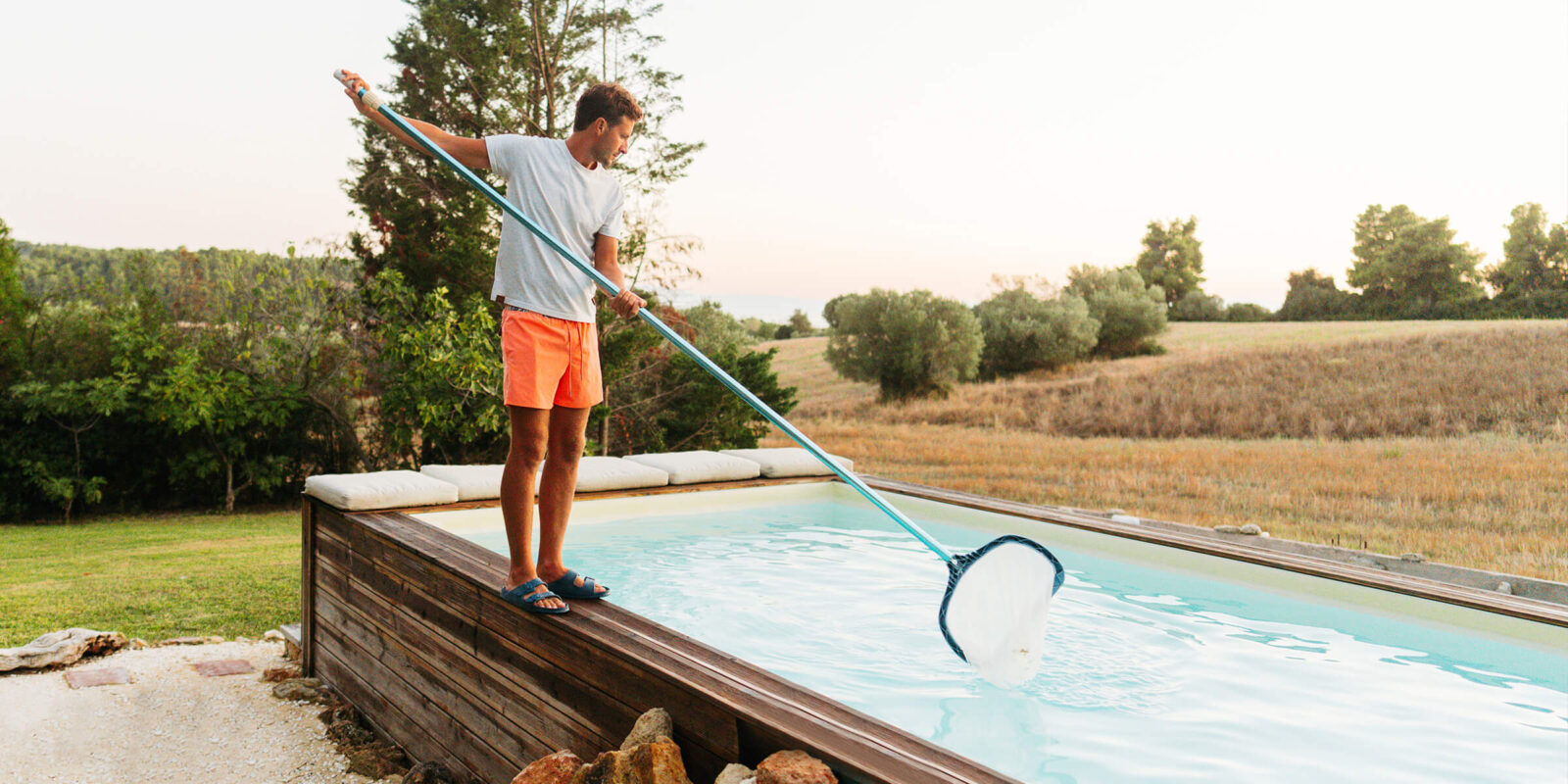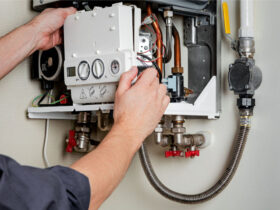Ready to know the basics of pool maintenance? The pool service for Granite Bay offers solutions on the three main parts of pool care. Proper pool maintenance is needed to ensure the swimming pool is healthy and clean.
You can maintain the clear pool easily and relax. The are three Cs of pool care and maintenance, namely:
- Circulation
- Cleaning
- Chemistry
In keeping the pool looking great, keep the water properly filtered and moving. Dead spots and debris must be cleaned up, and a balanced water chemistry. Remember that the first thing, which needs to be done in a pool is to keep it clean and clear. It helps to ensure the water circulates properly.
Circulation
Pool maintenance should begin with pool circulation. If the pool water is not moving, the pump is not working. It might be the filter is not filtering, so you will be facing an uphill battle to keep the pool clean. Stagnant water will be a breeding ground for algae development. The different parts of the pool that are responsible for the circulatory system are:
- skimmer
- pump
- filter
- jets
Once any of these parts is impeded, the water quality will suffer. To keep the water clean and circulating well, it should be:
- The pump sucks the pool water using the skimmer
- The filter must clean the particles that make the water dirty
- Water must be pushed back into the pool through the pool jets
Cleaning
The pool must frequently be vacuumed weekly, brushed and skimmed daily. The next step of pool maintenance is cleaning that compromises:
- Brushing your pool
- Skimming the debris off the top
- Vacuuming the pool
Being a pool owner, manual maintenance is expected to happen, unless you use a robotic pool cleaner.
Chemistry
Pool maintenance includes chemistry that must be performed testing 1-2 times weekly. Chemistry is an impact factor for keeping pool water clean. When the water is properly balanced, you will not severely face issues like:
- Cloudy water
- Green water
- The buildup of harmful bacteria
A good testing kit is important for the pool maintenance toolkit.
Test water and balance chemicals
It is best to test the pool water weekly. A test kit tells you if you need to add pool chemicals for water balance. There are essential ranges to remember, such as:
- pH. It is best to have a pH level of around 7.5 in a pool. Too high or too low pH levels can cause various pool maintenance issues, such as:
- equipment corrosion
- green algae growth
- Calcium hardness. To have balance of the water, it is necessary to shoot 200 to 400 ppm in a pool.
- Alkalinity. The pool alkalinity aims for around 120 to 150 ppm.
- Chlorine. Chlorine can be available in different forms, such as:
- Sticks
- Granules
- Tablets
Any of these forms are good to use. Chlorine breaks down harmful bacteria. Chlorine works on the pool for water sanitation.
- Phosphates. Green and cloudy water in a pool indicates that the phosphate levels are too high. Too much phosphate levels may lead to algae growth.





